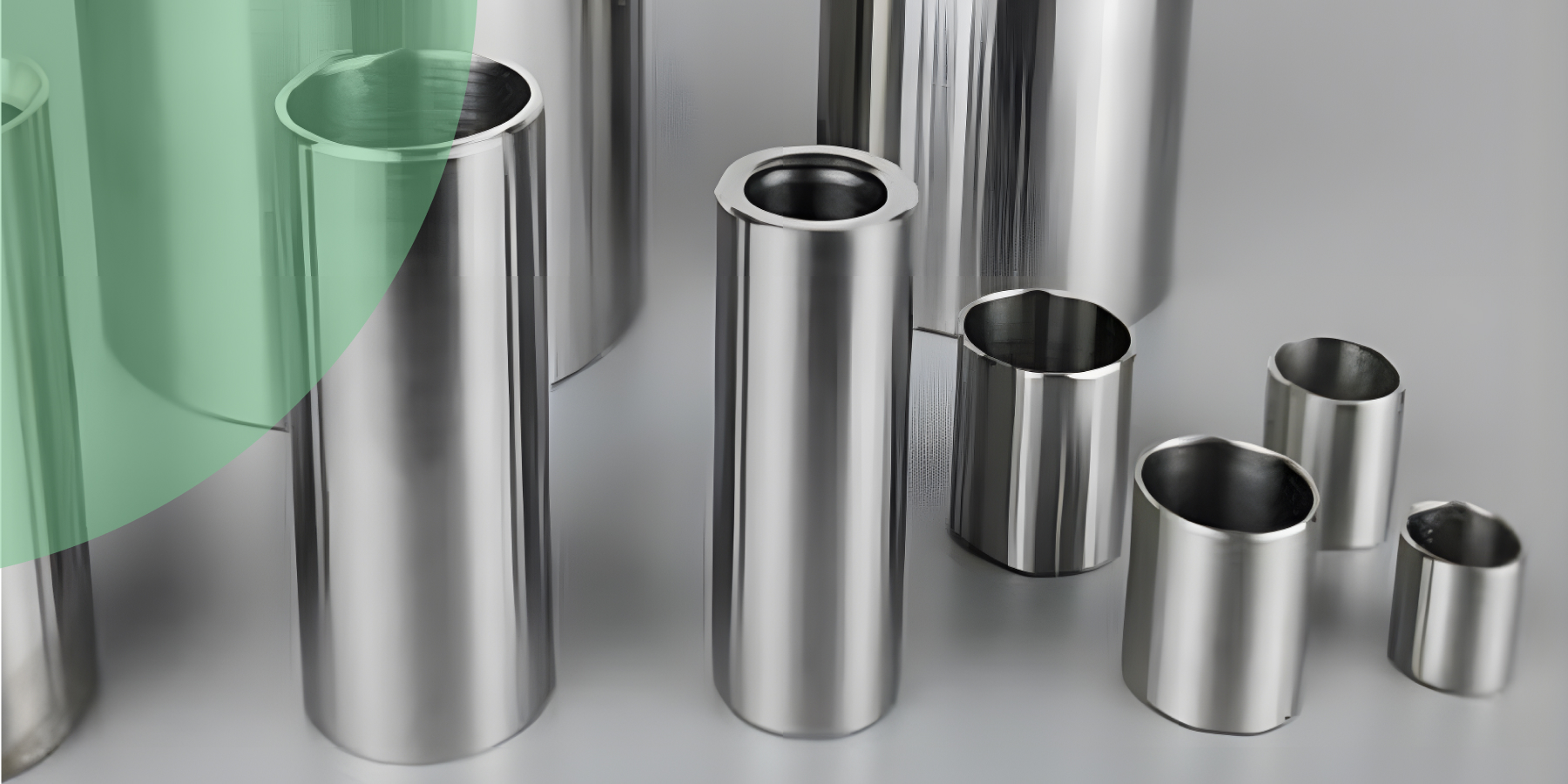How to Choose the Best Nickel Alloy Supplier for Your Project
With dozens of nickel alloy suppliers in the market, how do you select the right one? In this guide, we break down the key factors to consider when sourcing nickel alloy materials for your next project.
Nickel alloys are essential components utilised in a variety of industries, including chemical processing, power production, oil and gas, and aerospace. Selecting the appropriate nickel alloy supplier can make or break your project, regardless of your needs for high strength, heat tolerance, or corrosion resistance.
Why Choosing the Right Nickel Alloy Supplier Matters
The performance of your equipment depends heavily on material quality. A reliable nickel alloy supplier ensures:
- Consistent material standards and certifications
- Timely delivery for uninterrupted operations
- Technical support for complex applications
- Competitive pricing without compromising quality
Poor-quality alloys can lead to equipment failure, safety hazards, and costly downtime—risks you can’t afford.
1. Evaluate the Supplier’s Experience and Industry Reputation
Start by researching how long the supplier has been in business. An experienced nickel alloy supplier will have:
- A deep understanding of industry-specific material needs
- Case studies or testimonials from clients in your sector
- A well-established track record of global or regional supply
Ask for references and verify customer feedback online.
2. Check for Certifications and Standards Compliance

Your supplier should offer nickel alloy materials that comply with international standards like:
- ASTM (American Society for Testing and Materials)
- ASME (American Society of Mechanical Engineers)
- ISO 9001 for quality management
- PED certification for pressure equipment
Certifications ensure the materials meet strength, corrosion resistance, and heat resistance requirements.
3. Review Alloy Grades and Product Range
The best nickel alloy suppliers offer a wide range of grades and forms such as:
Common Nickel Alloy Grades | Applications |
Inconel 600 / 625 / 718 | Aerospace, Chemical Processing |
Monel 400 / K500 | Marine, Oil & Gas |
Hastelloy C276 / C22 | Harsh chemical environments |
Nickel 200 / 201 | Electronics, Caustic environments |
Make sure the supplier can meet your needs for sheets, plates, bars, pipes, and custom forgings.
4. Assess Technical Support and Customization Capabilities
Every project has unique material and fabrication needs. A good supplier should:
- Offer technical consultations on grade selection
- Provide custom cutting, machining, or heat treatment
- Deliver complete traceability and material test reports (MTRs)
Technical guidance helps avoid costly material mismatches or design failures.
5. Consider Logistics, Inventory, and Delivery Times
A trustworthy nickel alloy supplier should have:
- Sufficient inventory of standard grades
- Efficient shipping and export systems
- Transparent lead times and delivery commitments
For urgent projects, suppliers with in-stock materials and same-day dispatch options can be a lifesaver.
6. Request a Quote and Compare Value
Don’t just go with the cheapest option—consider value. Compare:
- Unit price per kg or ton
- Certifications included
- Processing and shipping costs
- After-sales support and warranty
A slightly higher upfront cost may save significant time and money down the line.
Conclusion
Selecting the best nickel alloy supplier is a collaboration that impacts project success, safety, and quality more than just a purchase. Examine qualifications, product offerings, industry knowledge, and support skills to thoroughly weigh your options.
Always collaborate with nickel alloy suppliers who comprehend the requirements of your project and meet international standards for long-term value and dependable performance.
FAQ's

Need Help?
We're Here for You!
Feel free to contact us any time. we will get back to you as soon as we can!
Ask Anything
When choosing the best steel manufacturer & supplier, consider factors such as their experience and expertise, quality standards, production capabilities, customization options, customer service, and pricing. Look for a steel manufacturer & supplier that has a proven track record of delivering high-quality products, follows industry standards and regulations, has the necessary production capabilities, and provides excellent customer service.
Omsteel specializes in the manufacturing of high-quality steel & metal alloys products, including sheets, plates, pipes, tubes, fittings and round bars.
We have a global presence and supply our steel products to different countries worldwide, including The United States, Europe, Middle East, Africa and more.
We accept payments by Cash, Bank transfers, Credit/Debit Cards, Online payment gateways, Cheques and Demand Drafts.

